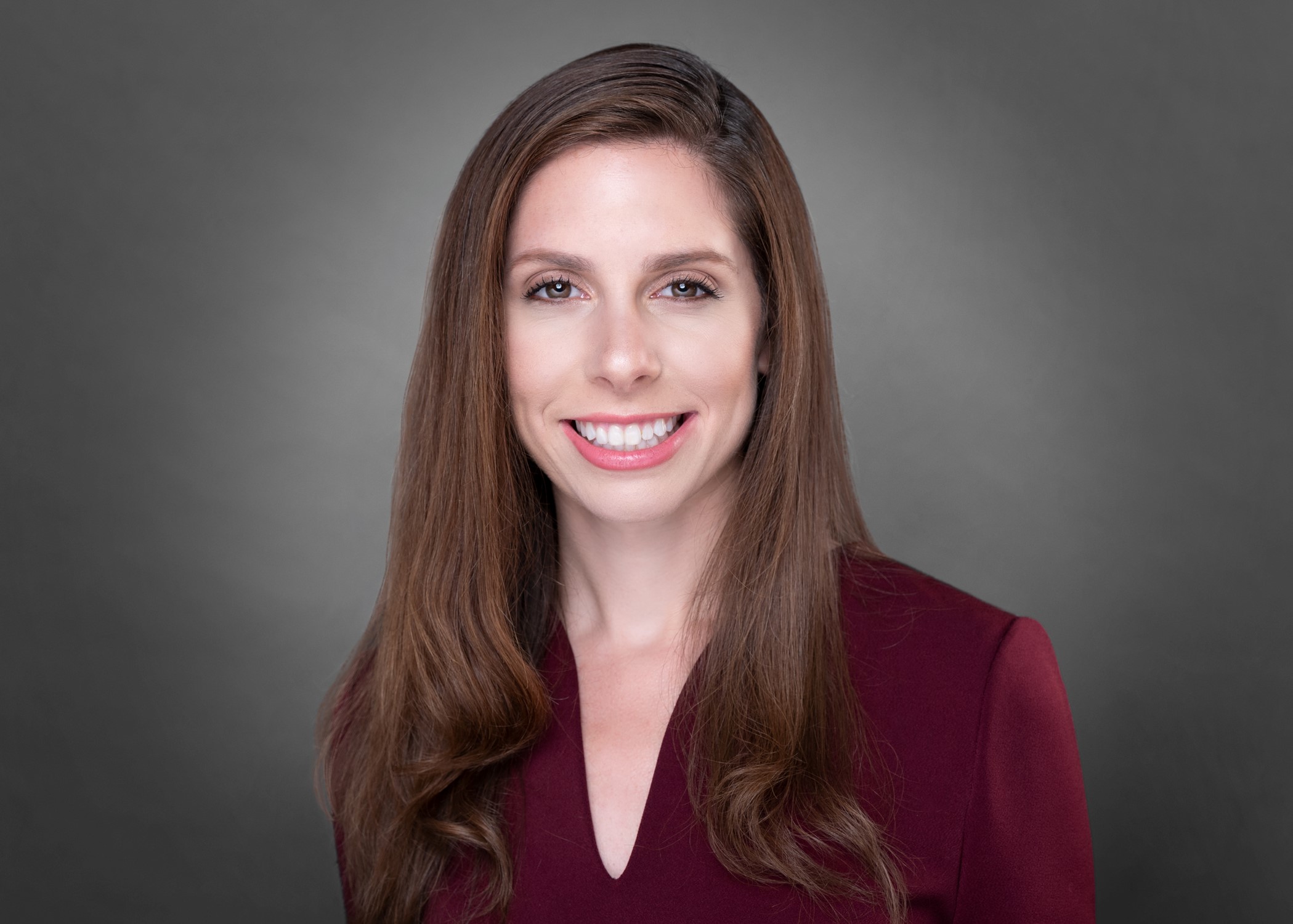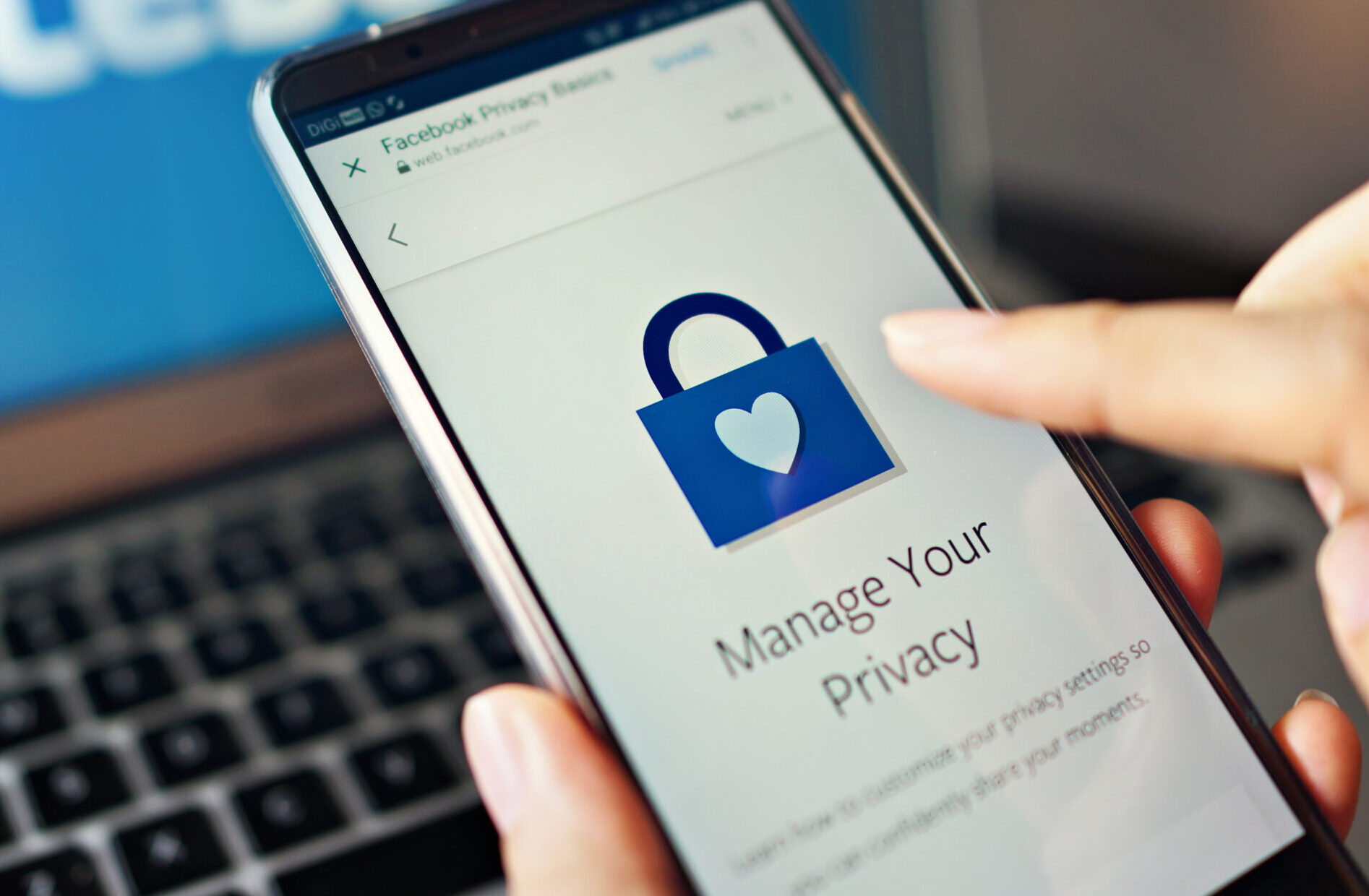Protection for Employees’ Private Social Media Accounts Takes Effect in New York
Earlier this month, a New York state law took effect intended to restrict the extent to which employees’ personal social media accounts may be shared with current or prospective employers. The law, Assembly Bill (A) 00836/Senate Bill (S) 02518A, amends the State’s Labor Law to prohibit an employer from requesting or requiring its employees to disclose usernames, passwords, or any other means for accessing personal social media accounts. Employers’ ability to access such accounts is a hot button issue, as they navigate politically polarized times in which controversial social media postings have led to employee terminations and ensuing legal action against the company. However, the law may leave those looking for definitive parameters around employees’ rights to expression on social media wanting, as it applies only to social media accounts kept private, i.e. shared with select individuals. Accounts which are open to the public shall remain open to employer scrutiny as well, and subject to the same landmines on both sides we have discussed in prior articles.
Under the new law, it is unlawful for an employer to require an employee or applicant to provide access to their personal social media accounts, whether by disclosing the username and password, accessing the account in front of the employer, or producing photos or videos shared on the platform. The law explicitly states, however, that it does not apply where the employee voluntarily adds an employer or agent of the employer to the list of users who may access the personal account. Employees should be wary of this “agent of employer” exception, as this likely includes other employees at the company. Thus, connecting with co-workers on personal social media accounts could inadvertently provide an employer with access as well. The law even contemplates such scenarios, providing that an employer is not restricted from reviewing information from a personal social media account that is provided by an employee, client, or third party who has been voluntarily provided with access, for purposes of investigating misconduct. In such instances, an employee could still be disciplined for offensive content on these accounts, subject to any other protections the employee may be afforded pursuant to New York Labor Law §201-d or other applicable laws.
The law also makes explicit that it does not apply to accounts provided by the employer and used for business purposes, where the employee is provided prior notice of the employer’s right to access such information. So, for example, a social media director who runs accounts associated with a company’s brand may still be required to share the content of the accounts with the employer under the law. It also contains an exception for an employer that wishes to access a personal device paid for by the employer, which was conditioned upon the employer’s right to access. Lastly, an employer can access employee’s personal social media accounts in order to comply with a court order.
For employees and job applicants, the law provides peace of mind when sharing content with a close circle of friends and family who do not overlap with co-workers at their current or prospective employers. For employers, the law is unlikely to change much, where many employees are likely to continue sharing content on social media accounts that are public or widely available, including to co-workers. When employees share controversial content on these public accounts, they will not be protected by the new law, and employers will still be faced with a quandary regarding its workplace implications and the regulation of employee speech.
 This article is intended as a general discussion of these issues only and is not to be considered legal advice or relied upon. For more information, please contact RPJ Partner Jill Kahn Marshall, who counsels individuals and corporations in the areas of employment law, litigation and dispute resolution, and healthcare. Ms. Marshall is admitted to practice law in New York and Massachusetts, as well as the District Courts for Massachusetts and the Southern and Eastern Districts of New York.
This article is intended as a general discussion of these issues only and is not to be considered legal advice or relied upon. For more information, please contact RPJ Partner Jill Kahn Marshall, who counsels individuals and corporations in the areas of employment law, litigation and dispute resolution, and healthcare. Ms. Marshall is admitted to practice law in New York and Massachusetts, as well as the District Courts for Massachusetts and the Southern and Eastern Districts of New York.

